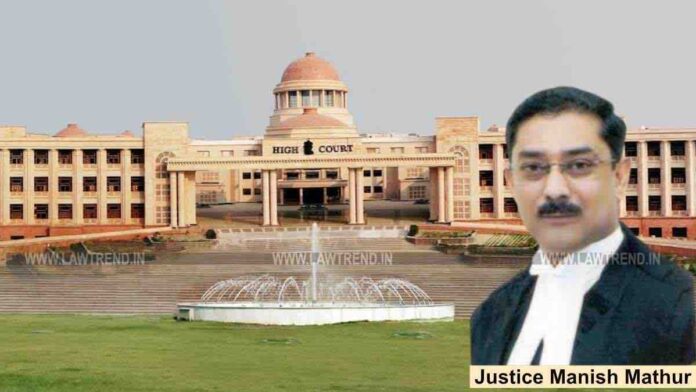The Allahabad High Court, Lucknow Bench, dismissed a writ petition challenging the election of the President of Sri Guru Singh Sabha, Gurudwara Road, Naka Hindola, Lucknow. The court upheld the preliminary objections raised by the respondents, emphasizing that “there cannot be estoppel against statute,” thereby rejecting the petitioner’s claims regarding electoral improprieties. Background of the




